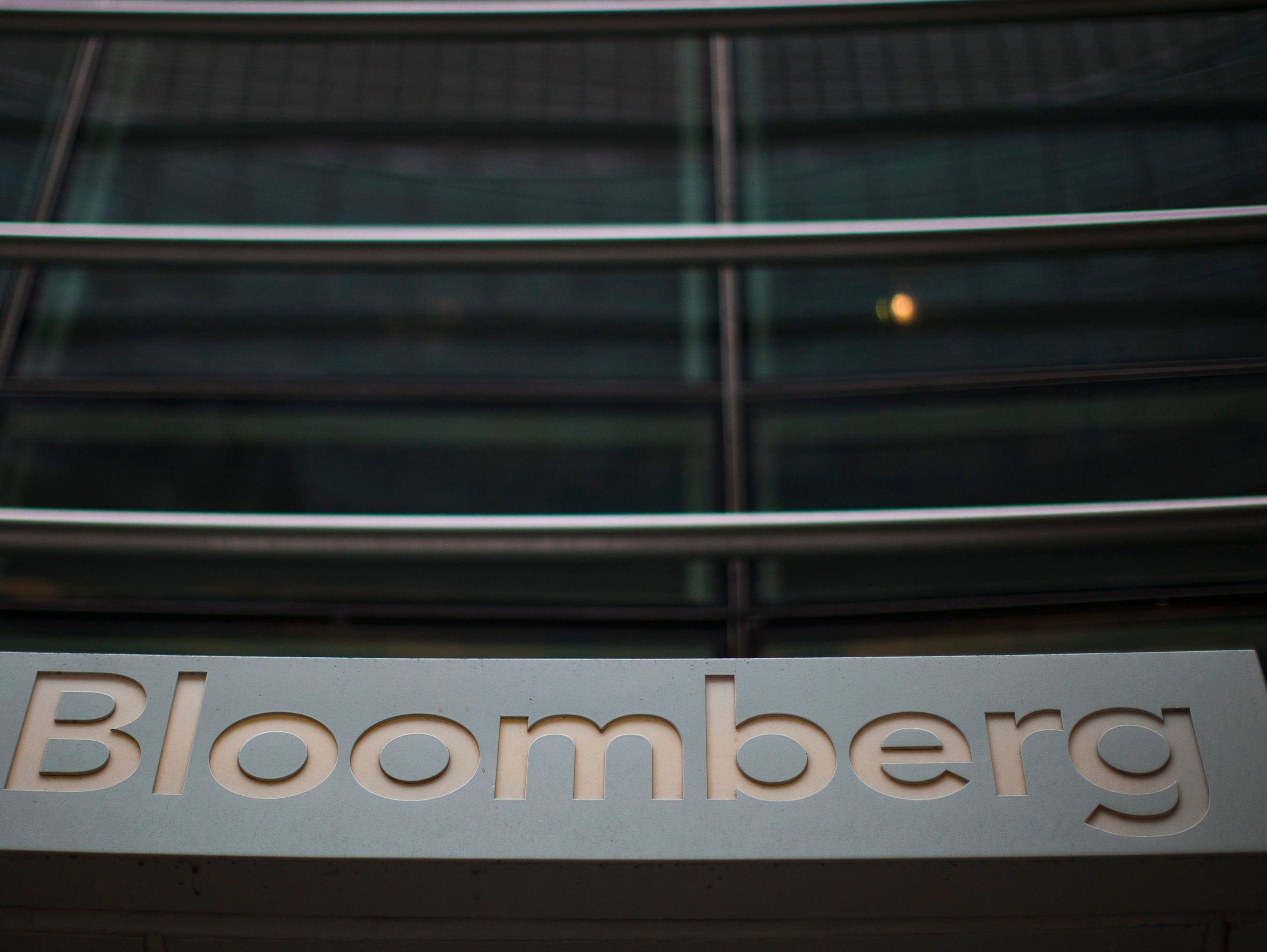
M Scott Havens, the chief executive of Bloomberg Media, believes his outlet is in a “unique position” to take advantage of a growing demand for impartial news coverage.
In an interview for Press Gazette’s Future of Media Explained podcast, Havens said he believes much of the US media has “drifted left or right in order to service their base and create that engagement that they all crave”.
“It wasn’t long ago where people in the media business said if you don’t pick a lane and super-serve your audience, your partisan audience, that you wouldn’t survive. Being in the middle was a bad thing, bad for business.
“And we saw this, right? Certainly on cable news in the United States. Certainly our view is that that was a moment in time and that actually there’s a higher purpose for an objective, data-driven news platform like ourselves.
“So yeah, I think it’s a great opportunity. And I’m sure others are thinking about it too.”
Havens’ comments come after Mathias Dopfner, the chief executive of Axel Springer, suggested that much of the US press, including The New York Times and Washington Post, had become too polarised. He said this is an opportunity for Politico.
Also in his podcast interview with Press Gazette, Havens spoke about how the “looming recession” is “taking its toll on decisions being made by both consumers and marketers”.
But Havens suggested that Bloomberg would be comparatively well placed to deal with an economic crisis, in part because it has a diversified business, both geographically and organisationally.
Bloomberg Media has large operations in the US, UK and in countries across the world. It makes money from advertising, events, TV, digital video and, increasingly, from consumer subscriptions. Havens said Bloomberg Media now has around 450,000 subscribers, up from 385,000 in May.
In May Bloomberg announced a major expansion with the launch of Bloomberg UK, a rebrand of its already sizeable London-based operation.
Asked what kind of media businesses might survive and thrive through economic turmoil, Havens said: “Ones that matter… I do think when you go into these periods of time – and you’re not in a bull market where everyone feels flush with cash to pay for lots of subscriptions, advertisers are spending freely – you do separate the strong ones from the weaker ones who don’t necessarily meet that must-have criteria.”
He added: “So I think you’ll see some of that. If it’s a prolonged recession, you’ll see the strong ones survive. And the strong ones, not only are they must-have, but they also probably have diverse and stable business models.
“One of the things that we’ve done quite well over the last few years is diversify away from solely advertising revenue. When I first got there in the end of 2015, almost everything that we made was through advertising.”
Picture: Reuters/Eduardo Munoz
Email pged@pressgazette.co.uk to point out mistakes, provide story tips or send in a letter for publication on our "Letters Page" blog
